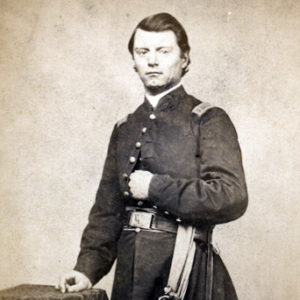 William Kretsinger
William Kretsinger
Gender: Male - Starting with K
 William Kretsinger
William Kretsinger
Krieger, Heinrich
Kumpe, Roy Franklin
Kumpuris, Michael Nicholas (Mike), Jr.
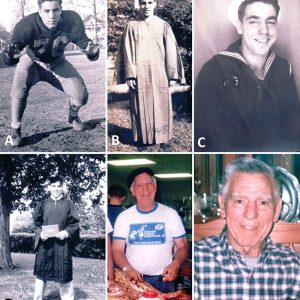 Mike Kumpuris
Mike Kumpuris
Kuroda, Paul Kazuo
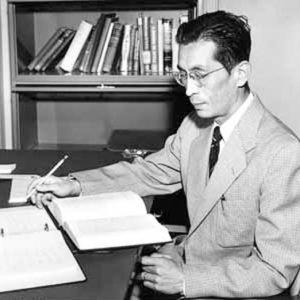 Paul Kuroda
Paul Kuroda
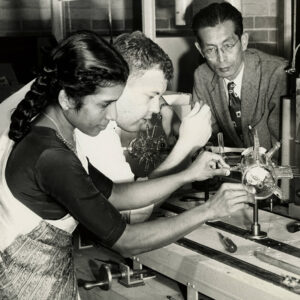 Paul Kuroda with Students
Paul Kuroda with Students
Kurosaki, Ryan
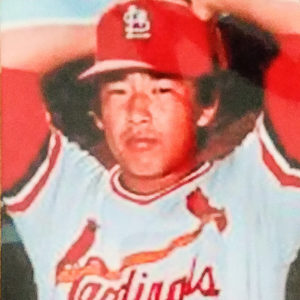 Ryan Kurosaki
Ryan Kurosaki




